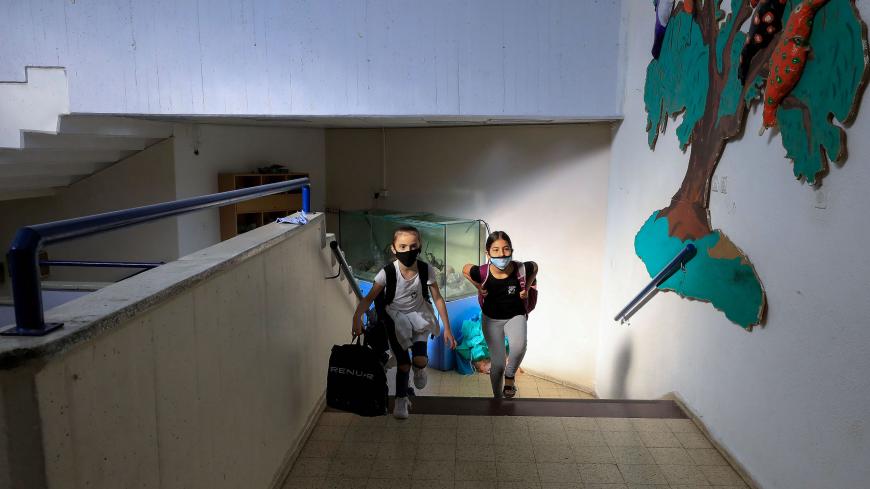The Israeli government was supposed to budget five billion shekels ($1.46 billion) to bolster the Arab education system from 2016 to 2020. This budget, part of a five-year plan meant to close gaps between Israel's Arab and Jewish populations, was set to end this year. Prime Minister Benjamin Netanyahu took pride in the plan, which allocated more than any government had before it the purpose.
But in a meeting convened by new Minister for Social Equality Meirav Cohen on July 14, it became clear that out of 15 billion shekels ($3.85 billion) the plan budgeted for several areas, scarcely more than half was actually delivered. The Education Ministry and the Finance Ministry were supposed to receive a third of the fund to add teachers, classrooms and instructional hours to Arab elementary and middle schools in order to close the gaps in educational performance and to better prepare students for high school. But little of the intended budget was actually granted, and from the data we have received, only 30% of the goal, about a billion and half shekels ($440 million), found its way to the intended recipient departments in the Arab education system.



